Aluminium Vs. Fibreglass Ladders
14/05/2015
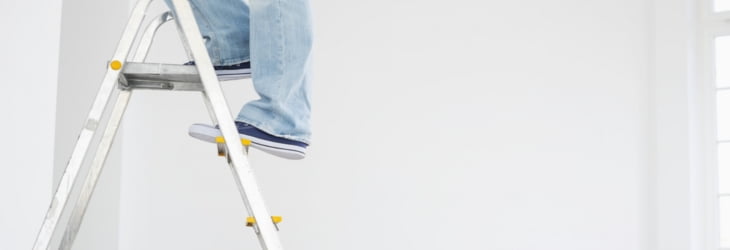
At Browns Ladders we stock both aluminium and fibreglass ladders – the reason being that they both come with a huge range of benefits and trade-offs.
In today’s blog we’ll be looking at both materials, highlighting the good and the not so good features of each…
The pros and cons of aluminium
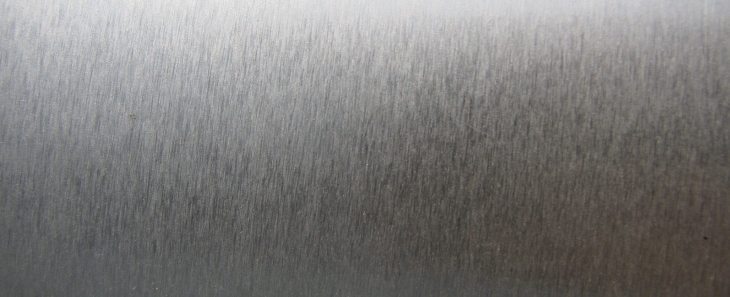
Aluminium ladders are perhaps the most popular type of access equipment in the Browns Ladders range.
They’re light, affordable and durable and meet the needs of the majority of tradesmen.
This means that they’re easy to transport, set up, take down and move around, making them incredibly useful for a wide number of jobs.
Another huge benefit of an aluminium ladder is that it doesn’t readily corrode or rust, unlike iron – which will rust when exposed to water or moisture.
It’s these sorts of properties that ensure your aluminium ladder will last and continue to be a good investment in years to come.
The only real downside of aluminium is that it’s highly conductive.
This means that it can’t be used near sources of electricity and so limits its usability.
It also conducts heat well, so if it has ever been subjected to fire it should be discarded as the structure and strength of the ladder may have been affected.
If you won’t be working around electricity or fire, you needn’t consider any other type of ladder as aluminium has all the properties you could wish for.
Our aluminium top picks
Abru Werner Blue Seal Aluminium Platform Steps
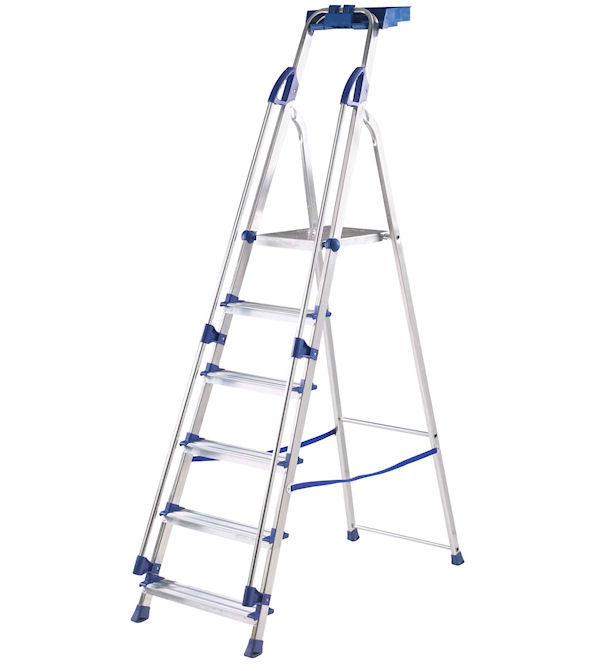
Price: from £61.97
Available in 7 sizes, ranging from 2 tread to 8 tread
Strong, deep treads for comfort and security
Lyte Aluminium Podium Steps
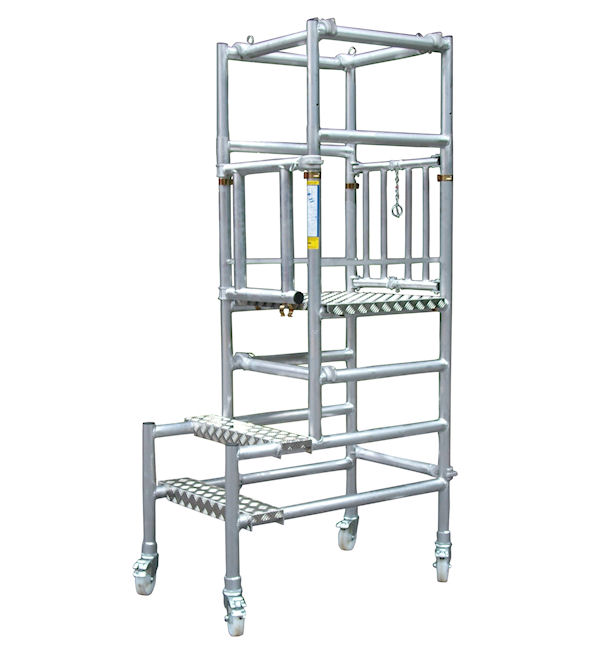
Price: from £304.50
Provides an excellent alternative to step ladders
‘Locking’ 360º rotating wheels, for added safety and stability
Zarges Industrial Skymaster Combination Ladders
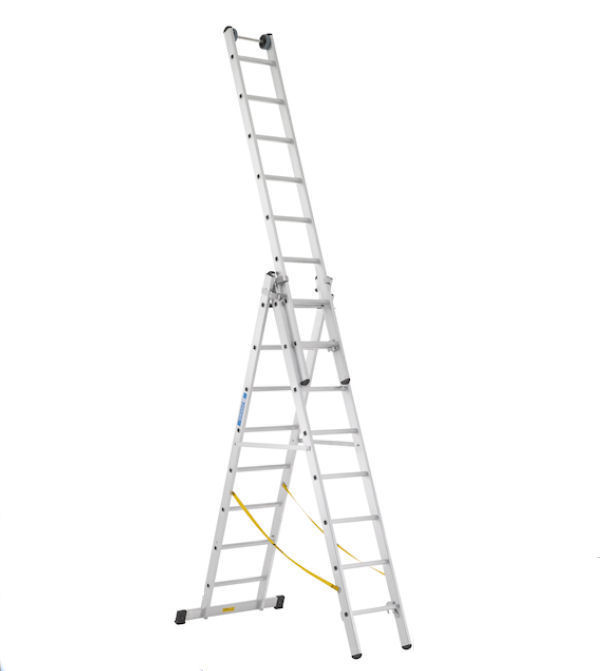
Price: from £322.00
Available in 4 sizes, ranging from 2.4m to 4.1m.
Two rigid aluminium locking bars for maximum stability
The advantages and disadvantages of fibreglass
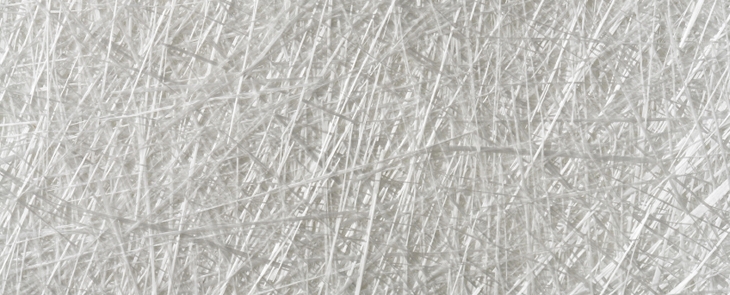
The main reason to choose a fibreglass ladder is if you’re likely to be working around electricity.
Fibreglass material is resistant to electricity and flames and allows you to work in typically dangerous areas, for example – around power lines, with much-reduced risks.
While wood ladders may be alternative to fibreglass, they don’t have the strength and durability that a fibreglass ladder has and may disintegrate over time – especially if exposed to bad weather or damp conditions.
Of course, with its impressive features, there has to be some drawbacks of using a fibreglass ladder, otherwise it would be the ladder of choice at all times.
The main drawback is its weight – the material is much heavier and denser than its competitor, aluminium.
This can make fibreglass ladders inconvenient to carry around. Another drawback is the high cost of fibreglass – but if you need a non-conductive ladder, fibreglass really is the only option you should consider.
Our fibreglass top picks
Lyte Trade Fibre Glass Platform Steps
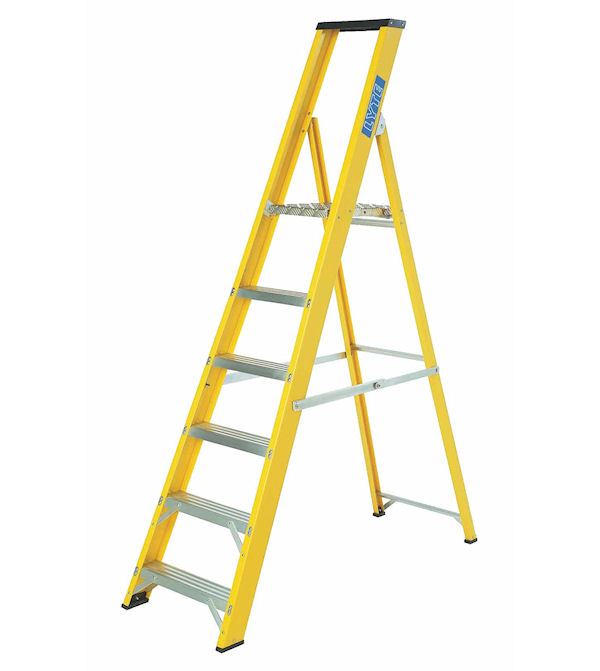
Price: from £87.86
Available in 8 sizes
Designed for occasional to frequent use
Zarges Teletower Fibreglass Telescopic Tower
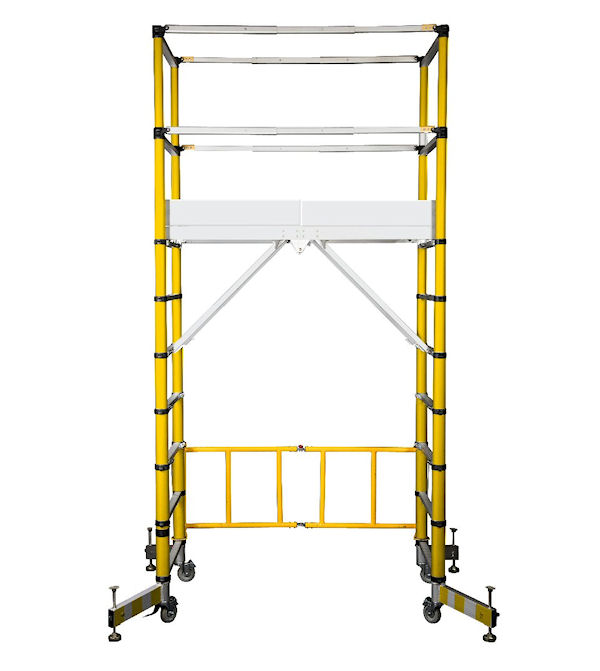
Price: from £1,020
Working heights from 2.3m to 4.0m
Fully erected by one person in less than 3 minutes
Lyte Fibre Glass Combination Ladders
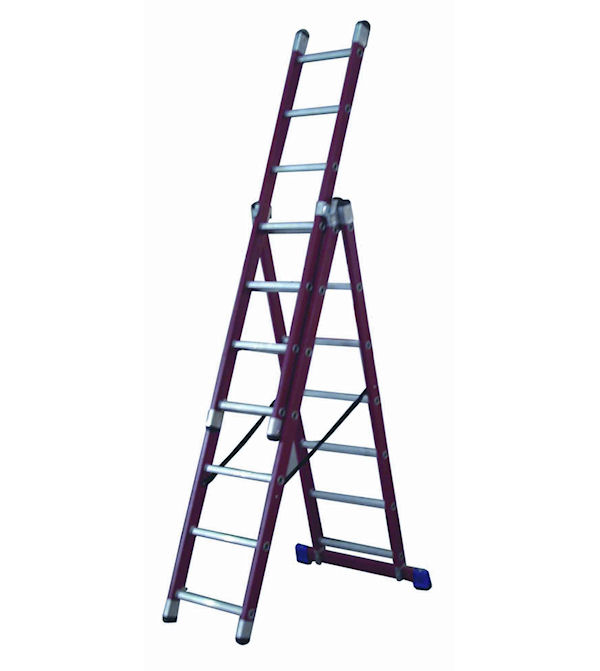
Price: from £147.50
Combines a step ladder and extension ladder all in one product
Suitable for a variety of uses, both domestic and trade